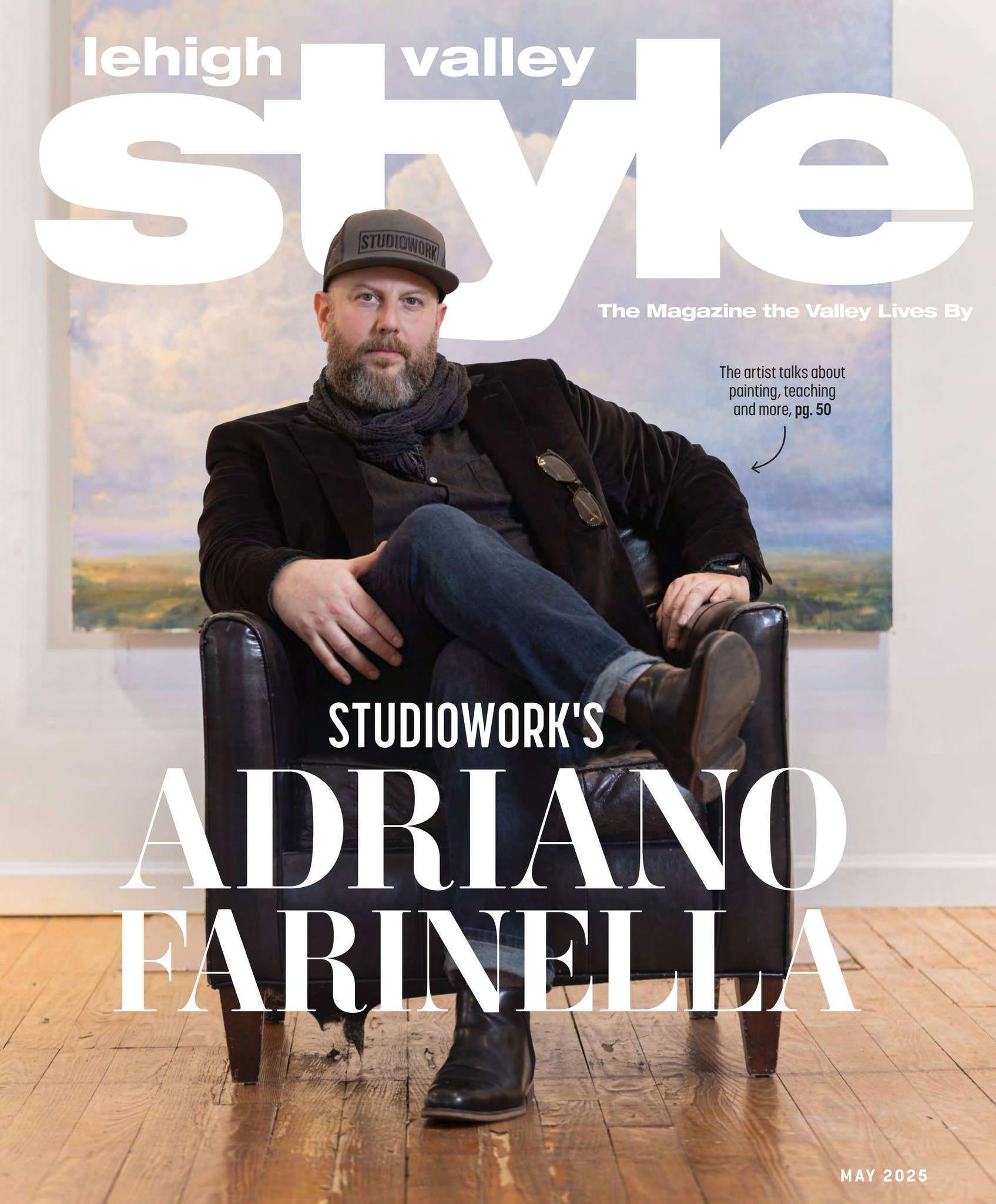
Waiting for the weekend is no way to live, but it's almost taken for granted that work is something to struggle through until we can TGIF. Sometimes our jobs are a drag, but that doesn't mean we have to be. Owner of The Consulting Firm, Victoria Cooper's work is cultivating workplace wellness at every level. Here's her wisdom on walking into work happier.
Make the Most of Your Morning
Before you even start your commute, set yourself up for the day. “I personally started going to the gym at 5:30 a.m. to have a better start to my day,” Cooper says. “I know that will make me feel good.”
This might seem herculean to some, but the point is not to be amazing at the crack of dawn. Each of us charges our battery differently. “It has to be what your heart desires,” Cooper says. Forget the oncoming workday and ask: “What would you do to take care of yourself?”
Make time in the morning for what boosts your positive energy, and you'll be better able to stave off any negative energy encountered at work.
Personal and Passionate
Ideally, work is about connecting our gifts with their purposes to serve a greater goal. Business isn't personal, but the joy of doing something well, creating something and connecting with others can be deeply personal and rightly so.
But even if we're not in our dream job at the top of our game, this spirit is available to us. “Every job that we do is in the human services field,” Cooper reminds us. “Every job is connected to human services because it helps better someone's life.”
So, whether you're taking IT calls, grooming dogs or making executive decisions, your work is valuable and important. Embracing your positive impact can give meaning, purpose and pride to whatever you're doing.
Stay Out of Autopilot
While you're basking in the beauty of that purposeful moment, keep an eye peeled for complacency. “Sometimes when we get comfortable in a workplace, we just exist,” Cooper says. It's important to give yourself scope to grow and evolve.
“Every week I write my goals and intentions for the week,” Cooper says. It's part of the time she sets aside for herself to reflect and recharge. Quarterly or biannual check-ins are also useful to make sure you're not going to look back and ask: “Where did that time go?”
A therapist or accountability partner can help you make these appointments with yourself and talk through whether you're setting and meeting the goals that suit you.
Serene Social Scene
Work friends are a great source of happiness. What some might call cliques, Cooper calls cohorts, natural groupings of people who connect well. Her advice for navigating the social world at work: Accept how people sort themselves into relationships, and respect others' differences. Work is often a place where we're thrown together with people from various walks of life, and it's an opportunity to learn and broaden your lens.
Friction can also be a fact of the workplace, and if there's a person or situation adding dread to your day, try Cooper's simple and contained approach. “Set a tone for good intentions,” she says. “You can't go wrong.”
Making an honest effort to communicate with a desire for resolution is doing all you can. You can rest in that, even if the other party might not be ready to meet you there.
Move On Mindfully
If you feel like you've done all that you can to find passion and a sense of direction in your current employment, you can set a new course. “It's OK to be in tune with a sense of being stuck and realign yourself with something else that might give you more excitement or fulfillment,” Cooper says.
To tangle with a tough choice, reach out to your circle who are also mindful and motivated about their directions in life. Whether it's work friends, a Facebook group or your accountability buds, find people you can connect with to hash out whether it's time for your journey to take you elsewhere.
Work Well From Home
If walking into a workplace isn't your problem, chances are it's setting boundaries. COVID-incurred telecommuting is blurring the lines between household chores, parenting, schoolwork and our actual jobs.
“It may be a chore in itself,” Cooper says, “but blocking time for work, personal time and school time is so important.”
School and work time might be incorporated together, just as long as you know what you're doing and when. “And if there's a place you can designate for work in the house, that's even better.”















